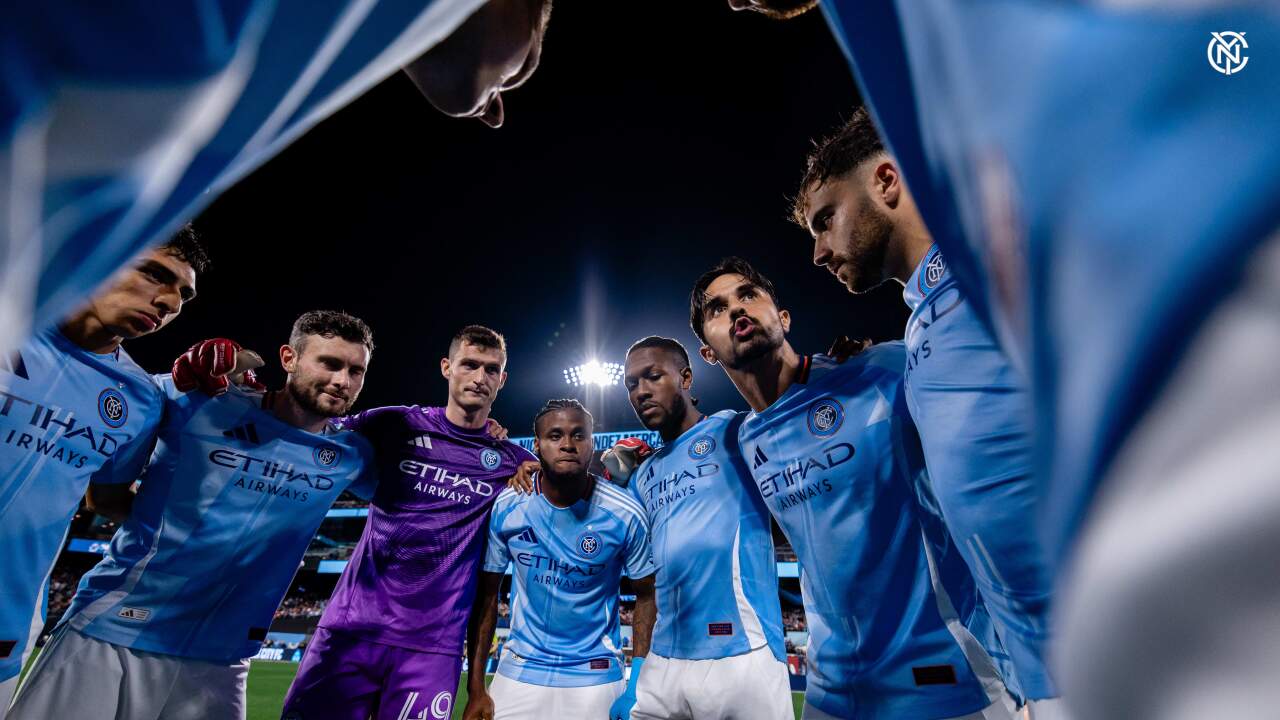Citing a need to better serve its customers in the future and also boost the image of the XRP cryptocurrency, Ripple announced this week it was joining the ISO 20022 standardization committee.
Ripple's decision to engage in the data-rich messaging protocol that has been at the foundation of faster payments conversations for the past seven years comes just two months after Swift extended its own ISO 20022 migration deadline for cross-border payments from November of 2021 to the end of 2022.
Ripple is now viewing ISO 20022, which essentially attaches information about a payment to the money transfer that would be identifiable for all banks in a network, as a way to make its XRP cryptocurrency more interoperable with global payment networks. It also claims to be the first blockchain technology company to embrace the standard as a way to move legacy bank networks forward.
"The world is converging on a new global standard in ISO 20022, the de facto global data standard for modern payments," Ripple stated on its
Because Ripple has positioned itself as a competitor to the Swift standards and global banking network, the timing of its decision to join the ISO 20022 planning committee puts more focus on how banks are migrating to the standard.
At the time of its decision to extend the ISO 20022 migration timeline, Swift indicated its concern for the ability of smaller banks to make the transition. The decision did receive some negative feedback from larger banks, though the migration will continue and Swift's plans to end the legacy Swift MT standard by 2025 remains.
Swift also stated its other visions, especially the Global Payment Innovation initiative, would stay on course. The organization said it will "deliver on its on-going commitments to community and regulatory initiatives, including Swift GPI, and market infrastructure projects such as the Eurosystem single market infrastructure."
Swift has been pushing its worldwide bank network to
The ISO 20022 standard is looked upon in the payments industry as the key element to driving
In addition to the standard helping banks make an easier transition to modern payment networks and methods, those banks adopting ISO 20022 also generally view it as allowing them to have a consistent experience and speaking the same language with other banks globally.
That factor becomes increasingly important for U.S. banks, which already have dipped their toes into faster payments through Fedwire and The Clearing House Real-Time Payments system.
For its part, the Federal Reserve had already
A year ago, Ripple made another unexpected move in establishing a partnership and





